Country Life Today: Box caterpillars knock slugs off top spot in the RHS's list of pests — but is hope at hand?
This morning we report hope in the fight against box caterpillars, take a look at what really happens when wolves return to an area, discover the 'Shropshire Robin Hood' and meet what must be the nation's tamest badger.
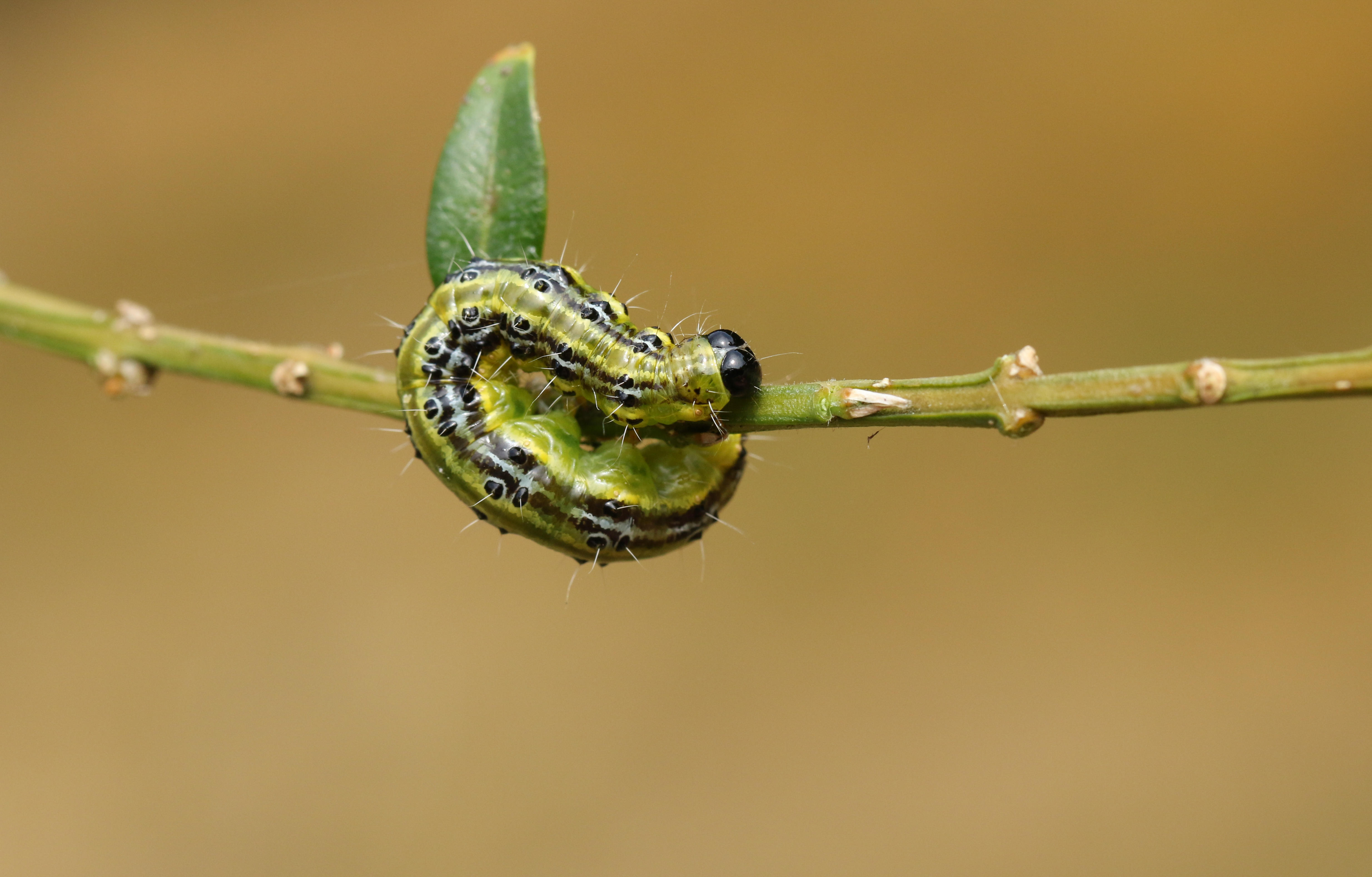
Country Life Today is our new daily digest of countryside, nature and environment news — it'll be here at countrylife.co.uk every morning at 7.30am. Wwe hope you enjoy it, and if you have any questions, comments or suggestions please email toby.keel@ti-media.com.
Boxing clever: The battle against Britain's most destructive caterpillar
Box caterpillars only arrived on these shores in the last decade or so, but they've already spread to such an extent that owners of box hedges everywhere are terrified at what is happening. 'It it catastrophic,' says Chris Poole, chair of the European Boxwood and Topiary Association. 'I'm pretty depressed.'
The RHS's entomologist Dr Stephanie Bird says that box tree moth caterpillars are set to top of the list of pest problems submitted by their members this year, overtaking slugs and snails — yet Dr Bird admits there's little that they can suggest. Sprays can work, but very few formulas are effective and applying them correctly is difficult — our former gardens editor Kathryn Bradley-Hole explains the process in this article.
In an excellent report in The Times, the paper's science correspondent Tom Whipple explains more: 'In its native China the caterpillar is kept in check by a hornet. Without it, there is nothing to stop the spread.'
Yet there is hope. Rosie Fyles, head gardener at the National Trust's Ham House, which sits on the Thames between Richmond and Kingston. Ms Fyles has seen several birds beginning to feast on the offending caterpillars.
'To see a jackdaw with a caterpillar in its mouth is just wonderful,' she says. There's not a gardener in the country who wouldn't agree.
Read The Times's story (subscription required) or get our tips on how to get rid of box moth caterpillars (Country Life)
Exquisite houses, the beauty of Nature, and how to get the most from your life, straight to your inbox.
Wolves and the law of unintended consequences

The idea of 're-wilding' large swathes of the country very often includes the notion of re-introducing wolves. But perhaps the experience in Germany, where wolves have returned in the last couple of decades following a century-long absence, should give pause for thought.
In the past year 1,600 farm animals have been killed by the country's 75 wolf packs, 30 wolf couples and three lone wolves. 20 years ago that figure was zero; Angela Merkel's cabinet is now stepping in to ease restrictions on farmers' rights to shoot the creatures.
The perils of trying to please some of the people, some of the time

Shetland's recent inclusion in Lonely Planet's latest list of the top 10 places to visit in Europe is fully justified. I visited once for a couple of days a decade ago and can recall its striking, windswept hills and clifftops full of puffins as if I'd only just returned.
But what should have been cause for celebration for Shetland turned into a prompt for one resident, Allen Fraser, to write to The Herald about the plans to generate wind energy on the islands. 'Will they [the visitors] still love our "naked glens flanked by steep hills" when they are filled by vast converter station buildings and lined with pylons and power lines?' Strong stuff.
Read the full letter (The Herald)
Britain's tamest badger?
Let's put aside the debates for a moment and just enjoy this footage of a family of badgers who've become so tame that they're literally eating from the hand of a lady in Stockport. Remember kids, DON'T try this at home...
An iron age fort discovered at the cave where Shropshire's Robin Hood once lived
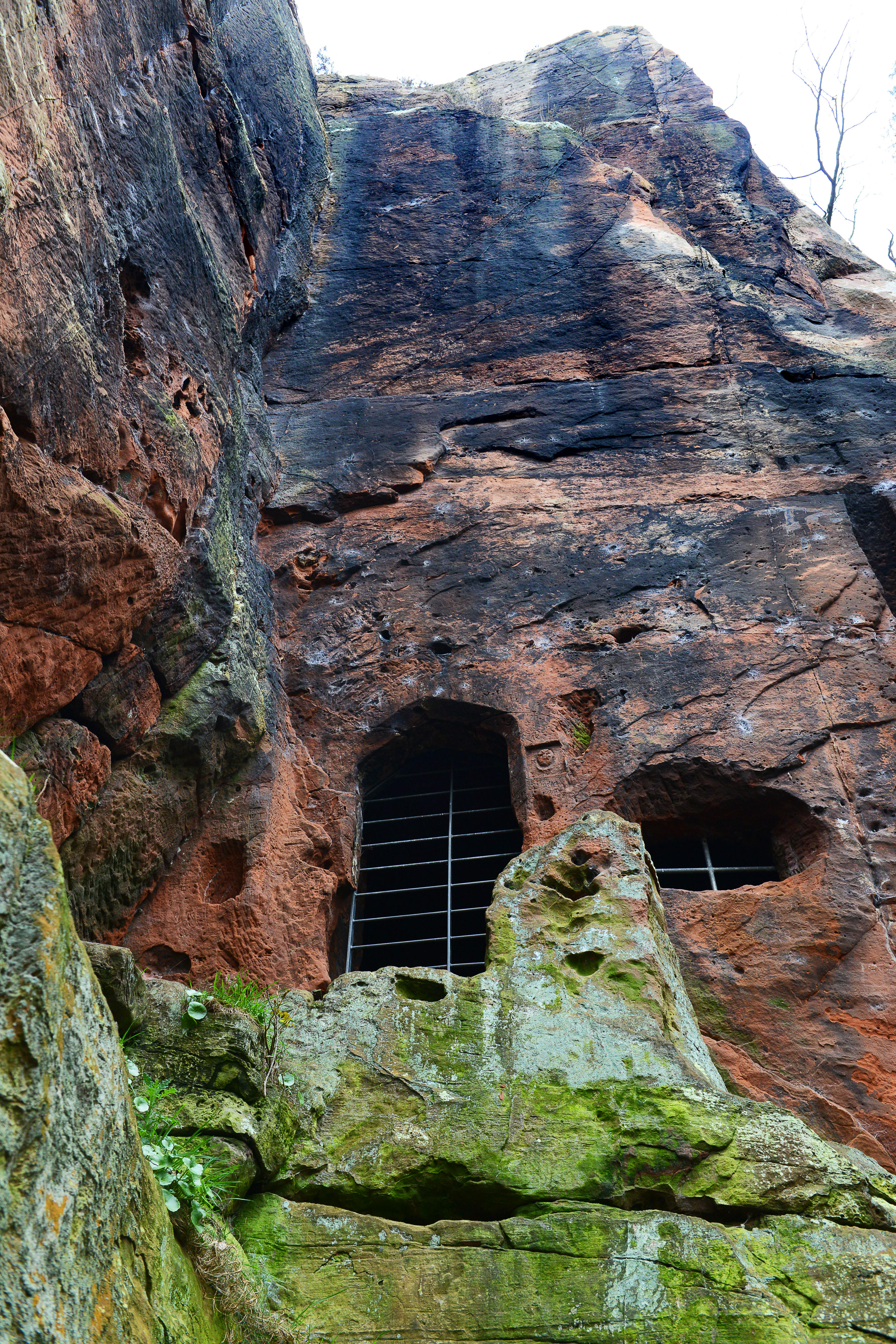
Shropshire Council's archaeologists are working with Historic England and Oxford University’s Archaeology Department to uncover the secrets of Nesscliffe Hill, where recent tree clearing has revealed evidence of a 3,000-year-old settlement. The iron age houses are at the foot of the cliffs which include Kynaston's Cave, the hideout of a medieval outlaw called Wild Humphrey Kynaston — the 'Robin Hood' of Shropshire in the late 15th century.
Read the full story (Shropshire Star)
And finally... quote of the day
'Sunshine is delicious, rain is refreshing, wind braces us up, snow exhilarating; there is really no such thing as bad weather, only different kinds of good weather.'
John Ruskin's advice on not getting too worked up about Bank Holiday weather forecasts.
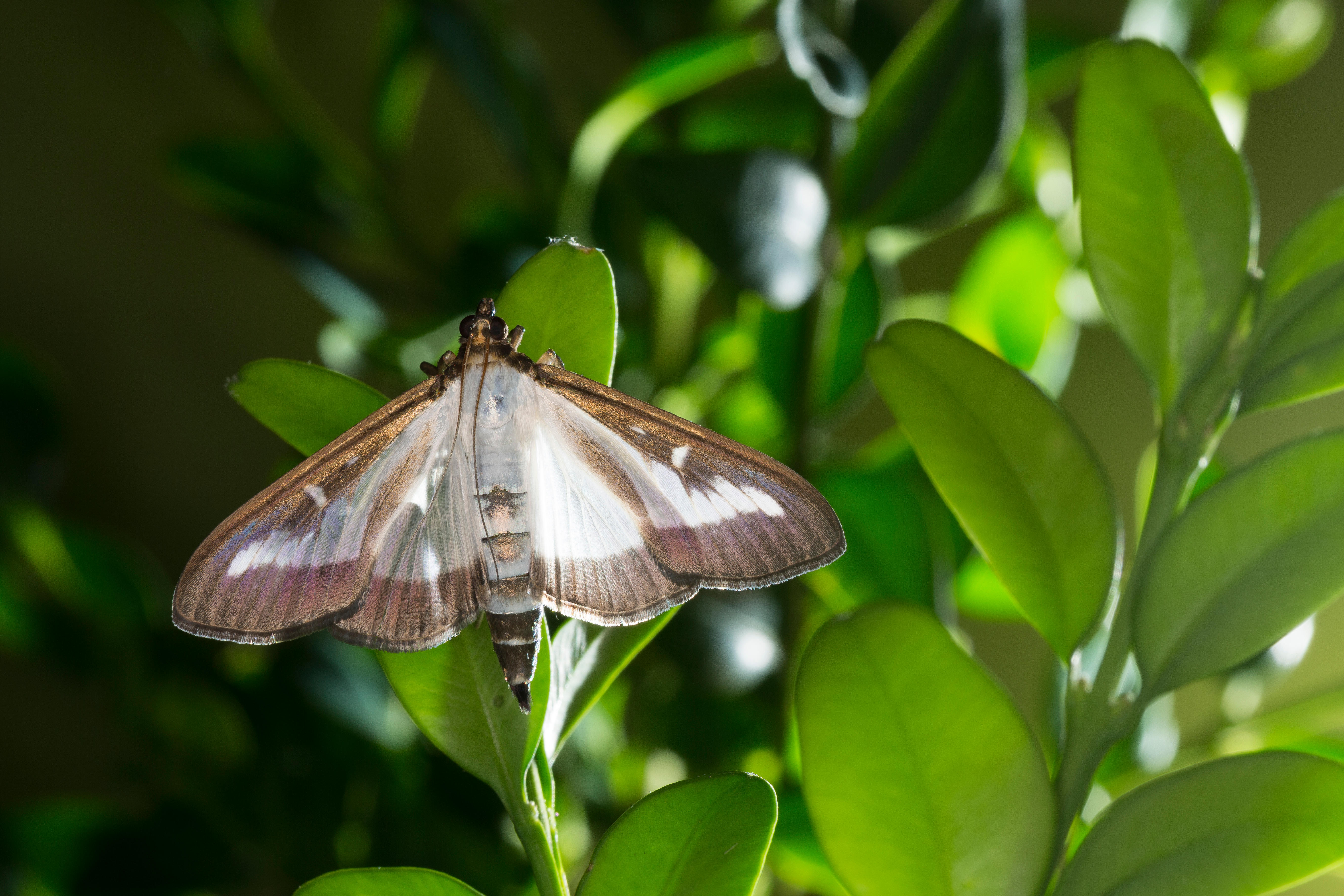
How to get rid of box moth caterpillars
The box moth, Cydalima perspectalis, and box moth caterpillars can quickly destroy box hedges and other box plants. Here's how

Country Life Today: The war on plastic takes aim at drinking straws
In today's news round-up, we look at the latest efforts to tackle plastic pollution; worrying update on what might happen
Toby Keel is Country Life's Digital Director, and has been running the website and social media channels since 2016. A former sports journalist, he writes about property, cars, lifestyle, travel, nature.
-
 Who is older — Brad or Tom? Country Life Quiz of the Day picture special, September 10, 2025
Who is older — Brad or Tom? Country Life Quiz of the Day picture special, September 10, 2025Your face will be a picture after doing Wednesday's quiz.
-
 Debo Mitford on her childhood at Asthall Manor, from Nancy's 'coming out' dance to Unity's peach-pinching ways
Debo Mitford on her childhood at Asthall Manor, from Nancy's 'coming out' dance to Unity's peach-pinching waysThe late Dowager Duchess of Devonshire looks back on her childhood in the Cotswold idyll of Asthall Manor.
-
 The brilliant tractor tribute to the NHS from a group of Warwickshire farmers
The brilliant tractor tribute to the NHS from a group of Warwickshire farmersPeople around Britain have been paying tribute to the efforts of our NHS workers at the time of the coronavirus pandemic — but few have been as creative and clever as this one.
-
 London's iconic red bus at risk and 6,000 year old chewing gum gives clues into our DNA history
London's iconic red bus at risk and 6,000 year old chewing gum gives clues into our DNA historyCuts to industry subsidies and an increase in fares has left bus use at its lowest point ever, while DNA extracted from ancient 'chewing gum' allows scientists to decipher the genetic code of a Stone Age woman.
-
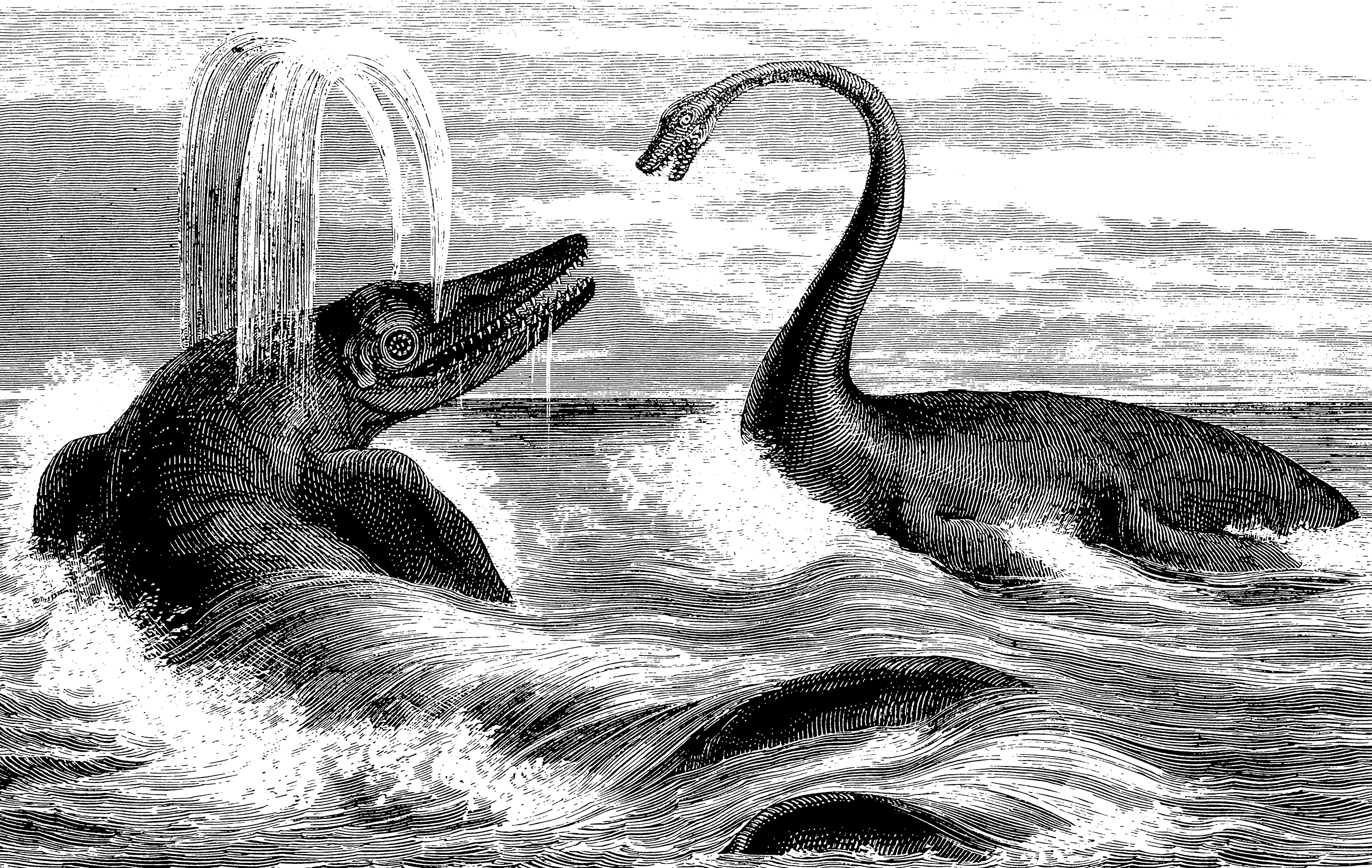 90-million-year-old 'swimming dinosaur' skeleton found by dogs out walking in Somerset, and the nonchalant moths who don't bother fleeing enemies
90-million-year-old 'swimming dinosaur' skeleton found by dogs out walking in Somerset, and the nonchalant moths who don't bother fleeing enemiesA superbly intact dinosaur skeleton — described as being 'museum quality' — has been discovered on a beach in Somerset.
-
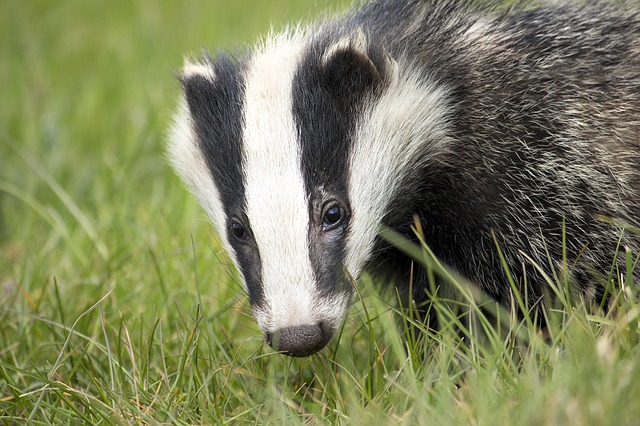 Battle to ban 4x4s from the idyllic Lake District spot bequeathed by Beatrix Potter, eagle fights octopus and the 'snail's pace' climate talks
Battle to ban 4x4s from the idyllic Lake District spot bequeathed by Beatrix Potter, eagle fights octopus and the 'snail's pace' climate talksThis morning we look at Little Langdale's fight for peace, reflect on the climate change talks in Madrid and discover the soundtrack for Brexit.
-
 Country Life Today: How Greta Thunberg shifted the dial on climate change — and the backlash shows just how much
Country Life Today: How Greta Thunberg shifted the dial on climate change — and the backlash shows just how muchThis morning we ponder whether Greta Thunberg is the Joan of Arc for the environmental movement, look at a key election — one from 19 years ago — and ponder the marvel of 'dad tidying'.
-
 Country Life Today: Great news for those who love our great country pubs — the years of decline are over
Country Life Today: Great news for those who love our great country pubs — the years of decline are overThere is a great sign of health in the pub industry, we look back at Edward VIII's abdication message and fret about Greenland's melting ice.
-
 Country Life Today: Spain accused of being 'a deplorable choice' for UN climate conference
Country Life Today: Spain accused of being 'a deplorable choice' for UN climate conferenceA no-holds-barred assault on the Spanish fishing industry, Banksy raising awareness of the homeless and the woes of the Christmas jumper are in today's news round-up.
-
 Country Life Today: 'This is perhaps the ultimate wake-up call from the uncontrolled experiment humanity is unleashing on the world’s oceans'
Country Life Today: 'This is perhaps the ultimate wake-up call from the uncontrolled experiment humanity is unleashing on the world’s oceans'In today's round up, we examine why oxygen loss is putting oceans at risk, discover that action to cut air pollution brings almost immediate benefits to human health and find out which bird's arrival marks the start of winter in Gloucestershire.

